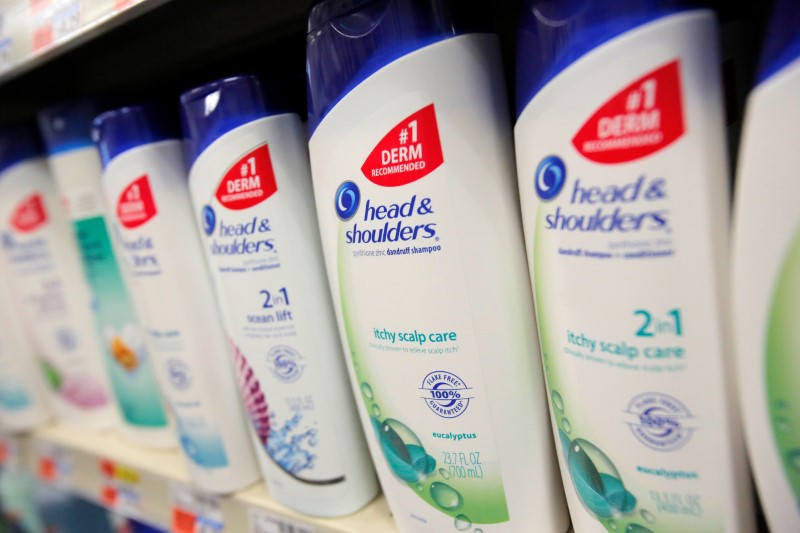Japan's decision to discharge radioactive water from the Fukushima Daiichi nuclear plant into the Pacific Ocean has led to a significant consumer boycott in China, severely impacting online sales of Japanese cosmetics. This comes despite the International Atomic Energy Agency (IAEA) declaring a "negligible radiological risk" associated with the release.
The boycott has particularly affected Shiseido, a leading Japanese cosmetics firm with brands like Drunk Elephant skincare and Nars make-up. The company experienced a 32% drop in online sales in September, according to Chinese data groups Feigua and Moojing. This consumer backlash echoes a territorial dispute in 2012 that strained diplomatic relations between Japan and China.
Shiseido’s President and COO, Kentaro Fujiwara, acknowledged the impact of the boycott on their business performance. The company's share price has dropped 20% since early June due to concerns about the boycott in China, which accounts for 26% of Shiseido's revenue.
Analysts from Mizuho Securities suggest that fear of contamination could lead to permanent customer loss for Shiseido. They point out that this is despite the fact that Shiseido does not have any production sites near Fukushima, nor does it use seawater in its cosmetics production.
Other companies like Kosé and Western brands such as Procter & Gamble’s SK-II that manufacture in Japan have also been affected by the boycott. In response to the release of treated water, which contains tritium, a radioactive material, China has suspended all seafood imports from Japan. This is despite Japan's assurance that the dose would be less than one-seventh of the World Health Organization’s drinking water standards.
This article was generated with the support of AI and reviewed by an editor. For more information see our T&C.
